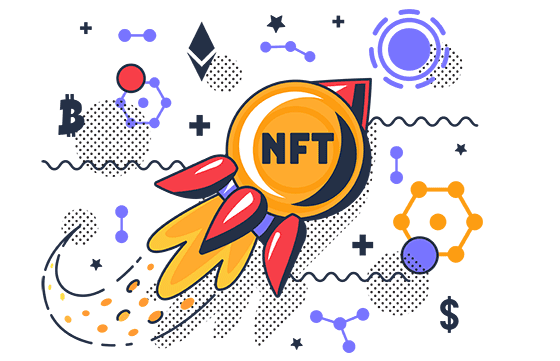Initial Coin offerings (ICOs) were the financial superstars of 2017. Coin offerings generated a whopping $6 billion in worldwide startup capital throughout 2017. However, is estimated 80% of them were scams. Enter 2018, and the STO era starts, providing far more protection to the blockchain investor and paving the way for mass adoption of the digital economy.

ICO + Legal Compliance = STO
To put it simply, a security is an economic instrument representing an actual asset. Stocks, bonds, and managed property trusts are examples of securities. Traditionally, when a security is purchased, the operation is done in the old fashion way, on paper. A security token performs equally in functionality; the difference is that it confirms ownership through blockchain transactions. Security tokens offer a number of financial rights to investors such as equity, profit dividends, income shares, vote casting, and access to many other investment mechanisms.
Security tokens aren’t cryptocurrencies or tokens related to unregulated ICOs. Security tokens are practically digitized conventional securities. Should you already invest in securities (stocks, bonds, property, VC, etc.), then you might be accustomed to what holding a security means. For example, a security token would transform stock certificates into a digital version of them.
Compliance is programmed into the token
Security tokens are made out of many smart contracts. A smart contract is a simple program designed to execute once a specified criterion is automatically satisfied. Smart contracts also determine how the token can be purchased, traded, and sold in a compliant fashion, and since they are blockchain-based, the transactions are immutable, traceable, and fully transparent.
More Liquidity
The global liquidity is probably the security token’s most valuable trait. Security Tokens have the capacity to symbolize fractional ownership of an asset and can be traded on global security token exchanges. Two things that are practically impossible for conventional securities.
They’re a decisive feature-rich replacement for traditional securities.
Within the traditional securities markets, deal execution is, for the most part, annihilated due to the number of intermediaries involved. Trading is practically not possible. Traditional securities are managed byways of a combo of excel spreadsheets, paper certificates, lawyers, custodians, accountants, and transfer retailers which cost a lot of time and money, not mentioning the probability of human error. However, because security tokens are digitized, much of these processes become unnecessary, making the security token more accurate and efficient.
They are trustless
All operations related to a security token (issuance, trading, purchasing, selling, and so on) are listed on the blockchain, which is viewed as a “trustless” procedure since blockchains are immutable and public in nature. There is no need for trust between parties when performing a transaction via security tokens. Mathematics takes care of that.
What makes an STO so beneficial for businesses?
- Global capital access
- New methods to market products and services
- Better conditions
- Low entry costs
- Possibilities that go beyond the scope of the traditional security
Predya’s STO
In the previous article, we introduced our revolutionary AI-based cryptocurrency trading asset management solution. In the following, we will cover all the details regarding Predya’s STO and how to participate. For now, here are the core characteristics of our offering.
Profit Units of a Luxembourg Limited Company — Predya’s token (PYA) is a Security Token Offering backed by Profit Units of a Luxembourg Limited Company incorporated since 1998.
KYC/AML Checks — For smooth onboarding, Predya will ensure KYC/AML checks.
Predya’s Dividend — PYA provides economic rights on Predya’s dividend. Tokens will not only have intrinsic value but will also represent a financial claim on the company paying off fixed incomes.
The way email replaced the posted letter; we expect the replacement of traditional securities for security tokens because of the facilities provided when it comes to trade, and asset-backed securities management. We have already witnessed the tokenization of capital, firms, and property. With new up-and-coming online security token exchanges and marketplaces, as well as, a vast variety of tokens to be traded with compliance to regulations on a global scale, the possibilities for investors are unlike anything that ever existed. Investors will not be investing in “security tokens,” they’ll be investing in a category of assets never available before.
Get in touch with me on LinkedIn and follow me on Medium.















